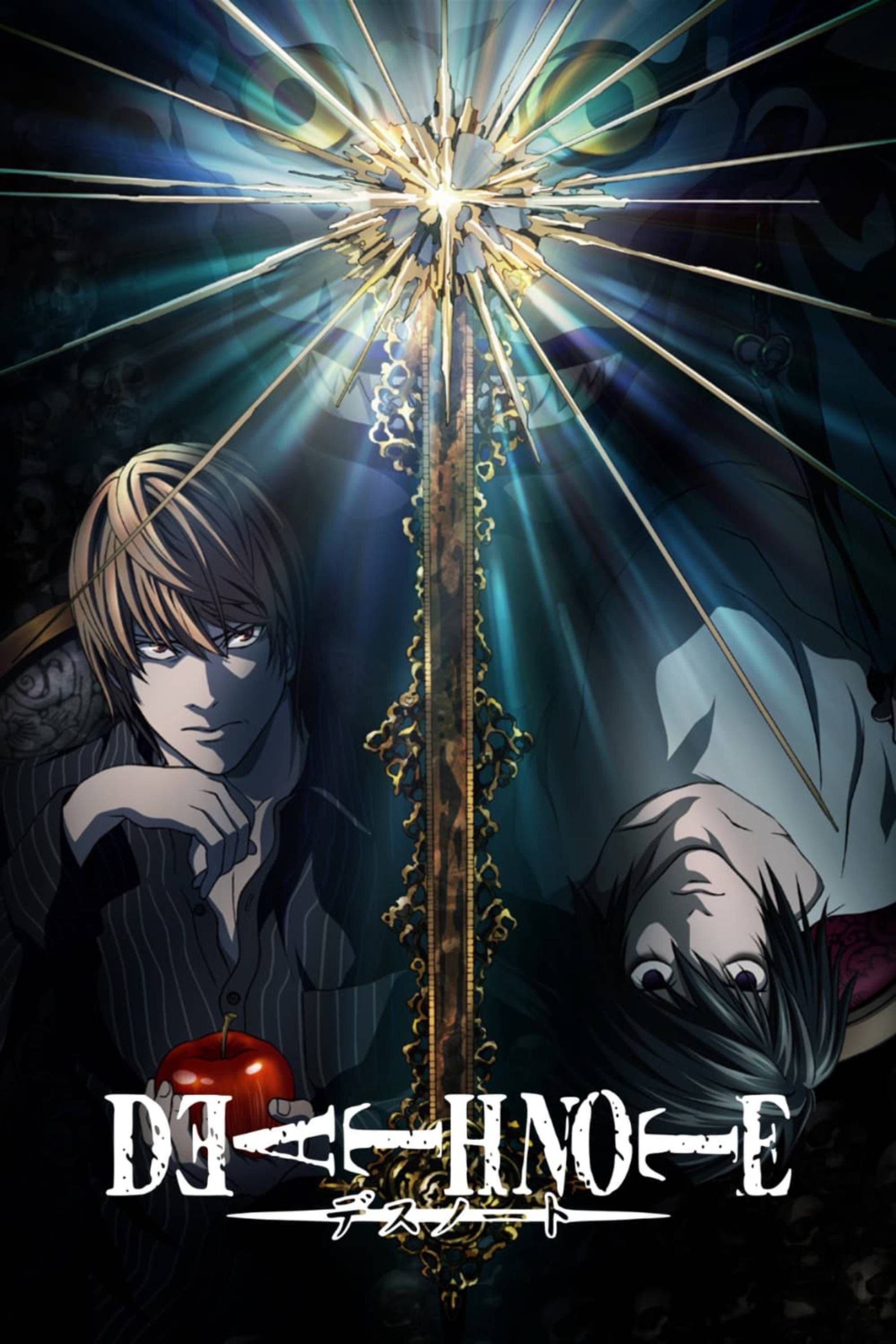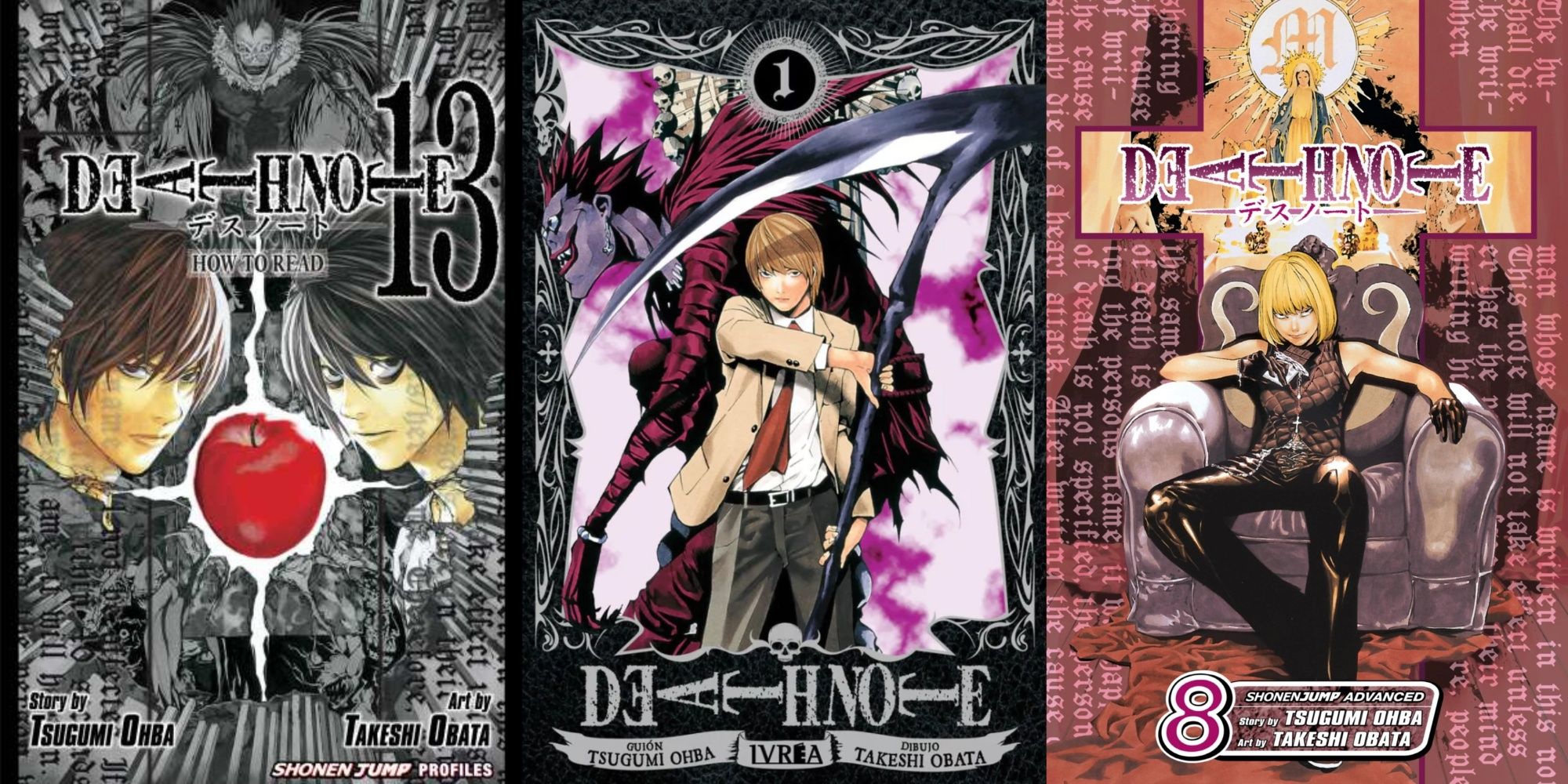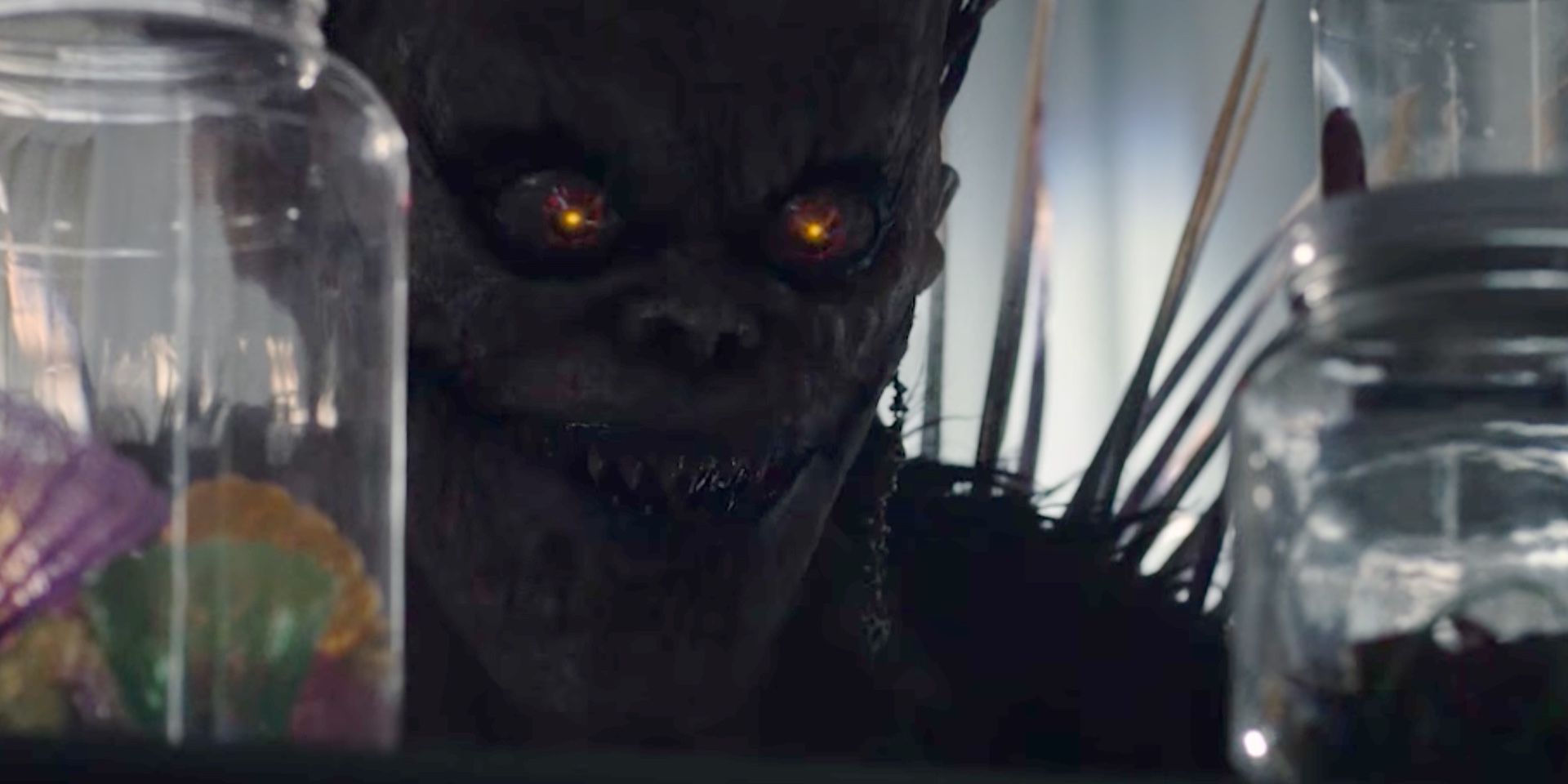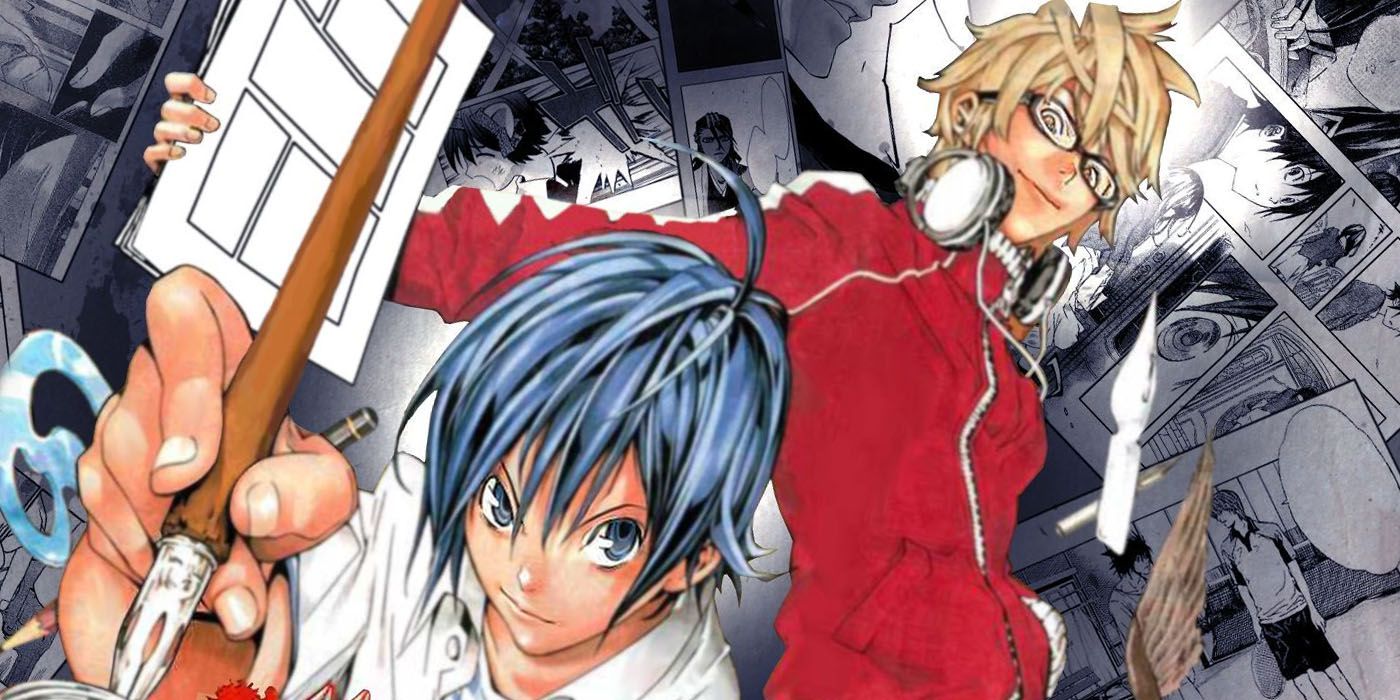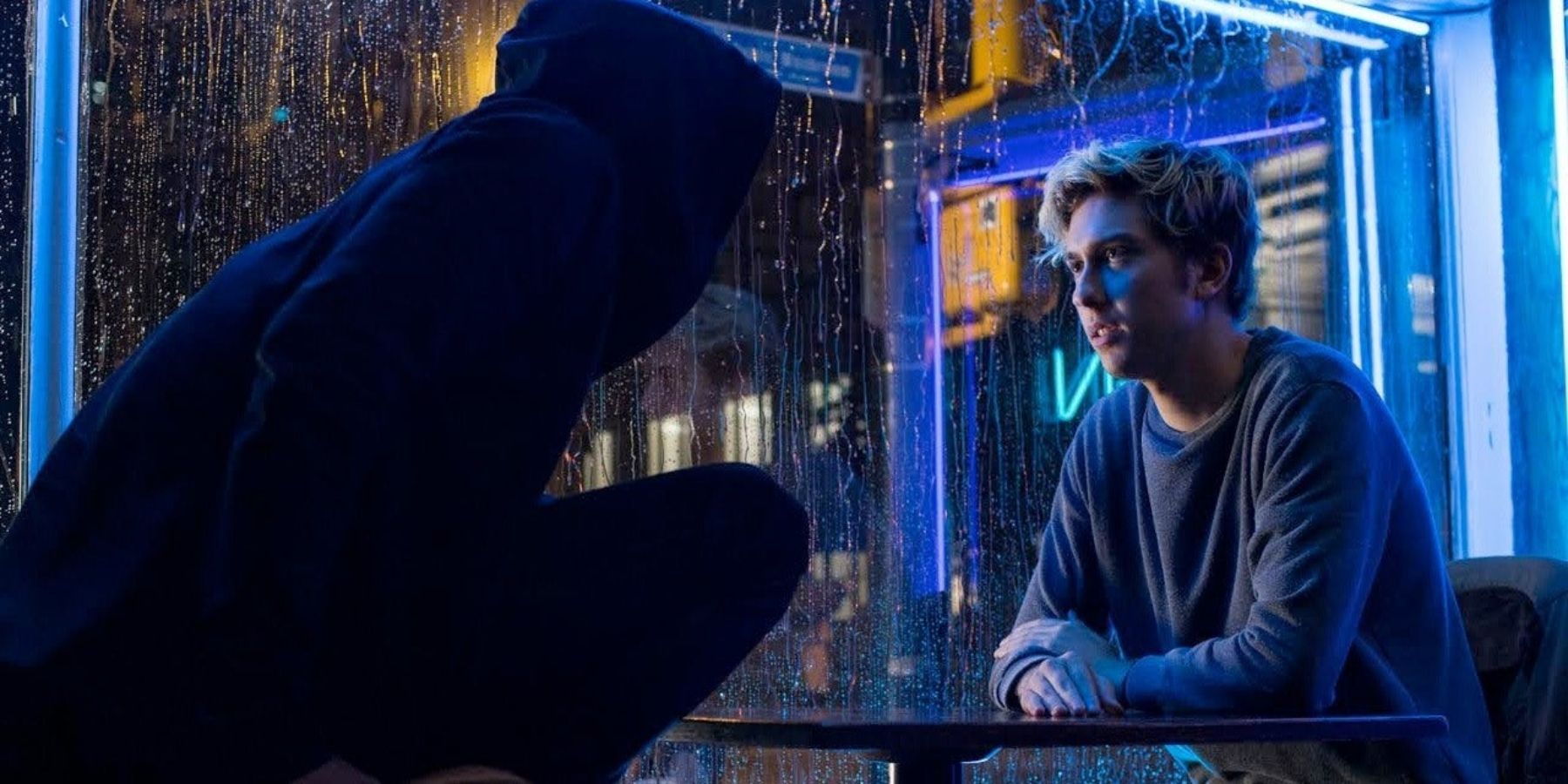
Highlights
- The American live-action adaptation of Death Note received mixed reviews, with criticism for pacing, character development, and tonal differences.
- The adaptation faced backlash for significant changes to the story and characters, as well as cultural differences due to the setting being moved from Japan to America.
- The creators of Death Note actually liked the Netflix movie, appreciating the director’s vision and the movie’s ability to reach a wider audience.
Live action anime adaptations are not as rare as you might think. While Hollywood has only occasionally dabbled in making them, many international studios have tried their hands at making live-action anime adaptations. Which is why when it was announced that Netflix would be making an American adaptation of Death Note with Academy Award-nominated actor William DaFoe in it, excitement quickly rose.
Would the adaptation be good? Would anime films be taken more seriously if the film was a success? When the film dropped the reception was not what many people hoped it would be. But what about the people who created Death Note? What were their opinions on what Netflix had done with their work?
SEGA Wants to Re-Release This Classic Sonic Anime (But a Legal Problem is Stopping Them)
SEGA’s quest to re-release this classic Sonic anime hit a legal snag, and now there’s no telling if it’ll ever happen.
What is Death Note?
Death Note is a Japanese manga series written by Tsugumi Ohba and illustrated by Takeshi Obata (who previously collaborated on the much different Hikaru no Go). It was serialized in the manga magazine Weekly Shōnen Jump from December 2003 to May 2006 and published in America by Viz Media.
The story revolves around a high school student named Light Yagami, who discovers a mysterious notebook called a “Death Note.” The Death Note has the supernatural power to kill anyone whose name is written in it, as long as the writer has the person’s face in mind while writing (as well as the person’s true name). Light decides to use the Death Note to rid the world of criminals and create a utopian society where he reigns as a god-like figure known as “Kira.”
However, Light’s actions draw the attention of law enforcement agencies worldwide, including a brilliant and enigmatic detective known only as “L.” A high-stakes cat-and-mouse game unfolds as Light and L engage in a battle of wits to uncover each other’s identities and outmaneuver one another. Known for its complex moral and philosophical themes, exploring the consequences of absolute power and the ethics of using such power to dispense justice, Death Note is celebrated for its intricate plot twists, psychological tension, and well-developed characters.
The series has garnered a significant following and remains a highly regarded work in the world of manga and anime. The property proved to be so popular it was later adapted into an anime series, several live-action films, video games, and (if you can believe it) a stage musical. One of the film adaptations was produced by streaming giant Netflix and acclaimed director Adam Wingard. Considering the two powerhouses, a new classic was expected. Instead, the movie ended up being extremely divisive.
The Creators’ Other Works
Believe it or not, Death Note was not the only major hit for the creators behind it. If you want to what else they were up to, here are some of their other series:
- Bakuman (2008-2012): Ohba and Obata teamed up again for this manga series, which delves into the behind-the-scenes world of manga creation. Bakuman follows two aspiring manga artists as they navigate the challenges of the industry.
- Hikaru no Go (1998-2003): While Hikaru no Go predates Death Note, it’s another noteworthy collaboration between Ohba and Obata. This manga series combines coming-of-age elements with supernatural themes as a young boy discovers a haunted Go board and becomes entangled with a spirit from the Heian era.
Platinum End (2015-2021): Ohba and Obata reunited for Platinum End a manga series that explores themes of life, death, and the pursuit of godhood. It follows a high school student who gains supernatural powers and becomes embroiled in a deadly competition. We do want to mention that, unlike the other titles mentioned in this article, Platinum End was met with mostly negative reviews.
The Reception of the Netflix Movie
The American live-action adaptation received mixed to negative reviews from both critics and fans. The movie was released on Netflix in August 2017. As of this writing, the movie has a 3% score from critics on Rotten Tomatoes (the audience score is worse at 25%). Many critics found fault with the adaptation, citing issues with the pacing, character development, and tonal differences from the original manga and anime.
Fans shared similar views on the film, with some being disappointed with the significant changes made to the story and characters, while other fans seemed to appreciate those differences. Special criticism was aimed at moving the story from Japan to America, which led to cultural differences that some viewers found jarring and inauthentic.
This also led to the characterizations of the main characters, particularly Light Turner (Nat Wolff) and L (eventual Academy Award-nominee Lakeith Stanfield), being Americanized versions of these characters, and as such they diverged significantly from their Japanese counterparts. The Netflix adaptation also featured a darker and more horror-oriented tone compared to the original, which leaned more toward psychological thrillers.
Overall, while the Netflix adaptation of Death Note had its share of fans who enjoyed it for what it was, it seemed to face far more criticism for departing from the source material in various ways. While the fans and critics duked it out, there were two people whose opinions of the film seemed to get drowned out in the discourse: the creators of Death Note themselves.
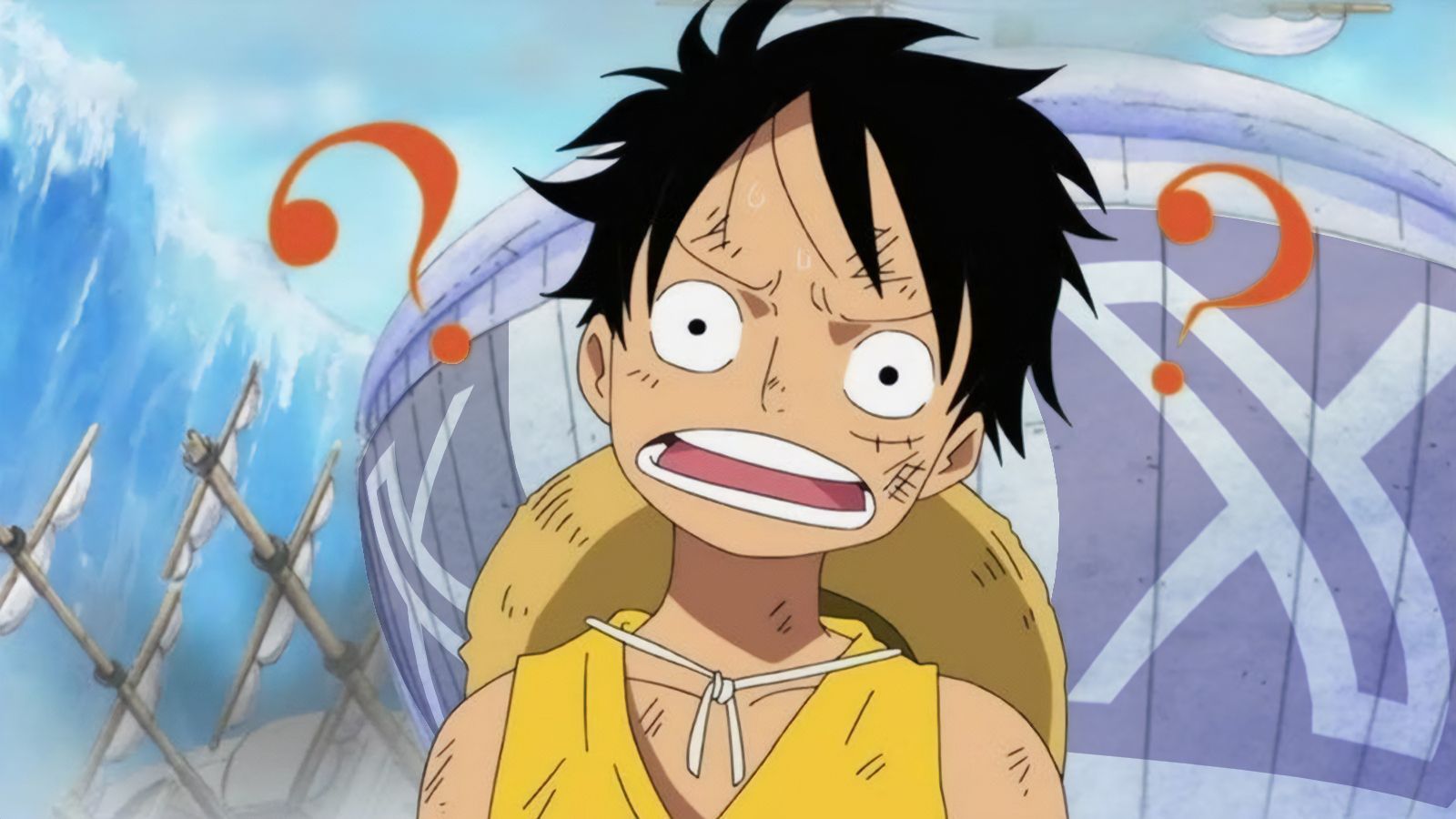
The Unfortunate One Piece Tweet that Got Netflix in Trouble
Learn about the controversial One Piece tweet that landed Netflix in hot water.
What Did the Creators Think?
While there is some debate on how much input creators should have on adaptations of their work, that doesn’t stop most from sharing their views on some adaptations. Stephen King famously hated Stanley Kubrick’s film adaptation of his book The Shinning while Harper Lee famously claimed that the movie version of To Kill A Mockingbird to be the finest adaptation that could have ever come from her book. Since the Death Note manga is considered a literary classic in comic book circles, the author’s opinions would certainly be of interest to readers.
Illustrator Takeshi Obata had this to say about the movie:
Thanks to the beautiful imagery and the thrilling direction by Adam Wingard, the movie is magnificent A-level thriller masterpiece. The characters are all faithful to satisfying their desires. I’ve always wanted to write a Death Note like this, as well. Through Netflix, it will reach a global audience, so I hope that the people around the world who didn’t know about Death Note will get a chance to discover and enjoy it.
As for the writer of Death Note, he had this to say:
It exceeded my expectations. There was high level of quality, sophistication, and attention to every detail. This is what a Hollywood Death Note movie should be. Personally, I was engrossed with the ending! In a good way, it both followed and diverged from the original work so the film can be enjoyed, of course by not only the fans, but also by a much larger and wider audience.
So, there you have it: the creators of Death Note actually liked the Netflix movie and appreciated what Adam Wingard was trying to do. It should be noted that they gave their opinion on the movie before it was released to the public. Therefore, their comments about fans being able to appreciate it for what it was may have been a tad premature, but at the end of the day they did like the movie. This may be a bitter pill to swallow for some fans, but it goes to show that at the end of the day, everyone’s a critic.
Sources: Cinemablend, Vocal Media
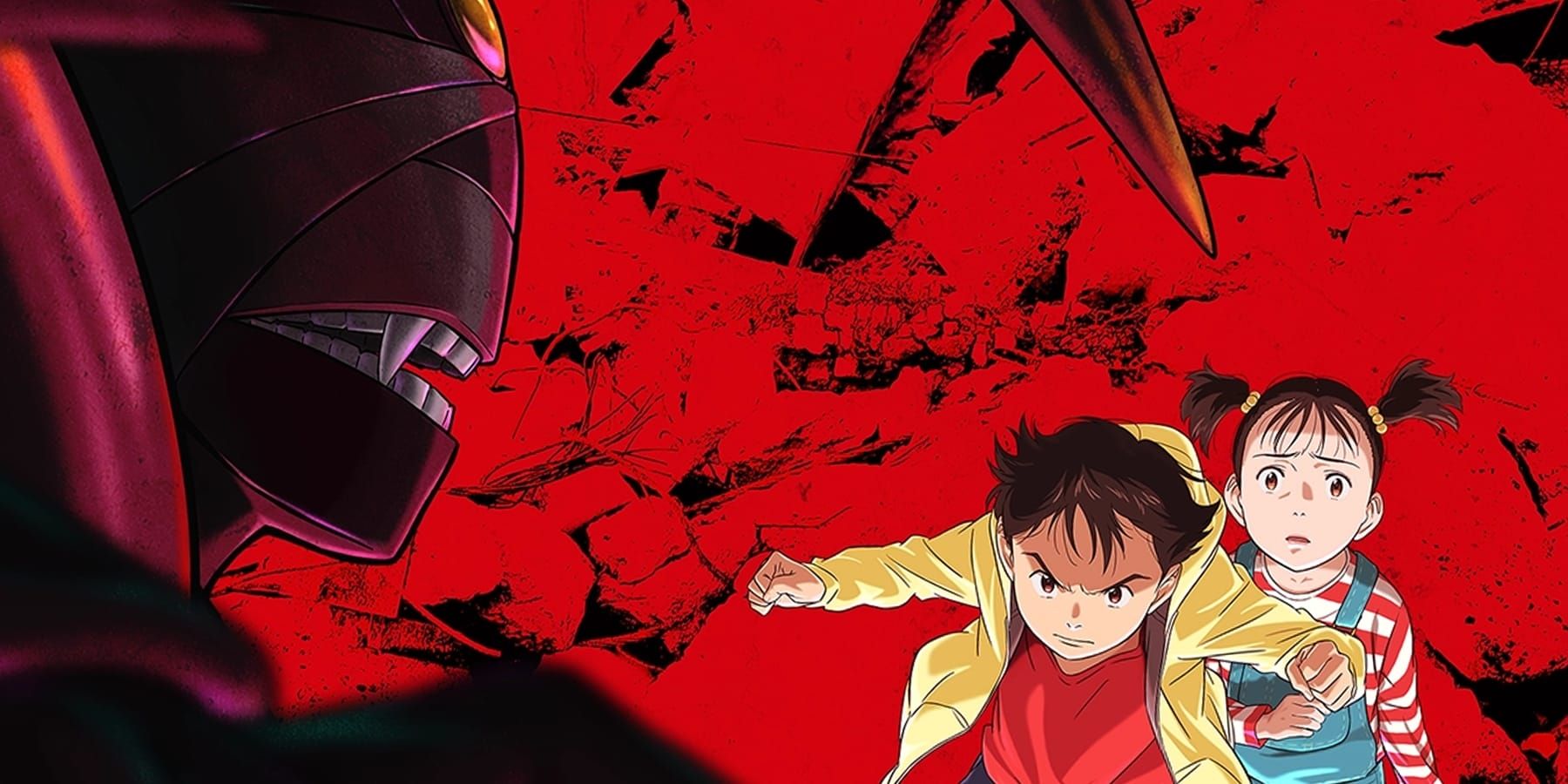
Pluto: The New Gold Standard for Anime Adaptation
Netflix’s Pluto adaptation made a solid case to be anime of the year. Here’s a closer look at what the series did well.
